The concept of funneling public taxpayer dollars to pay for individual students' private education is not new. But financing private education with public money has never been popular. This opposition to school privatization has resulted in some linguistic gymnastics by privatization proponents, which can make it tricky to keep up with the different school voucher schemes and labels.
School Voucher Defined
“A government-funded voucher redeemable for tuition fees at a school other than the public school that a student could attend free.”
School Voucher History
The school voucher concept was first implemented in the U.S. in 1954, just after the unanimous Brown v. Board of Education of Topeka Supreme Court ruling that found the racial segregation of public schools to be unconstitutional. Officials in Virginia’s Prince Edward County responded swiftly “by slashing funding for public schools and even shutting down the public schools entirely for five years. Meanwhile, the state established a new program that gave white students vouchers to attend segregated private schools – and no option for black students to receive a public education.” (US News & World Report)
On the heels of Brown v. Board, economist Milton Friedman formally laid out the concept of school vouchers in 1955. Friedman suggested that instead of government guaranteeing and providing a public education to America’s children, American schools should instead be a marketplace, where families choose a private school in the community (if there is one) and the tuition is paid with public tax dollars. By the nature of their business model, the private schools would be free of problematic government regulations like the requirement to admit all children.
“Vouchers are not an end in themselves, they are a means to make a transition from a government to a market system.”
School vouchers, it turned out, were not popular, and the term ‘voucher’ became problematic for advancing the goal of turning public schools private. Aiming to make education privatization schemes more appealing, Friedman worked on alternative names to hide the fact that the schemes were essentially what he proposed in the first place: School Vouchers.
Education Savings Account
One re-branding of School Vouchers is the Education Savings Account, or ESA. Friedman referred to the ESA as a “partial voucher.” School voucher proponents at the National Affairs publication lay out the ESA privatization scheme with striking clarity:
"Friedman proposed granting students 'partial vouchers' . … The challenge for state policymakers is to overcome implementation issues, avoid constitutional roadblocks, and resist harmful regulations masquerading as ‘accountability.’” (National Affairs, 2015)
National Affairs highlights Arizona as an ESA pioneer. Yet Arizona’s ESA program has become notorious for misuse of taxpayer funds, motivating other states to relax accountability standards:
“In Arizona, an audit found that parents had spent $700K of ESA money on beauty supplies and clothing. In Florida…a new bill proposes that audits be performed only every three years. Kentucky’s new ESA bill proposes audits after the state has found evidence of misuse of funds, which seems like a rather late shutting of the barn doors. And the bill that the Iowa senate just fast-tracked in order to establish ESAs includes no call for any audits or oversight at all.” (Forbes, 2021)
Tuition Tax Credit
Tuition Tax Credit is another term used to disguise programs that accomplish the intent of school vouchers. Tuition tax credits are indirect voucher programs which incentivize private donors to support private schools with donations for scholarships in exchange for tax credits. School privatization proponents at National Affairs explain clearly how the tuition tax credit angle allows for reduced transparency:
“Policymakers are less likely to attach strings to tax credits than to public expenditures, since the money never actually comes into the state treasury.” (National Affairs, 2015)
A Voucher is a Voucher
Regardless of what lawmakers call the program, any plan that diverts public education funds into individuals' hands for private or personal education usage is a school voucher, the same thing they dreamed up in 1954 Virginia to keep their schools segregated.
Choose Public Schools
OKPLAC opposes school vouchers in the various forms they have taken since schools were desegregated in the 1950’s. School voucher programs invite discrimination, misuse of taxpayer funds, and prioritization of profit over the education of our children. Public schools choose ALL kids. We stand proudly as partners and advocates of our public schools, and against their privatization.










